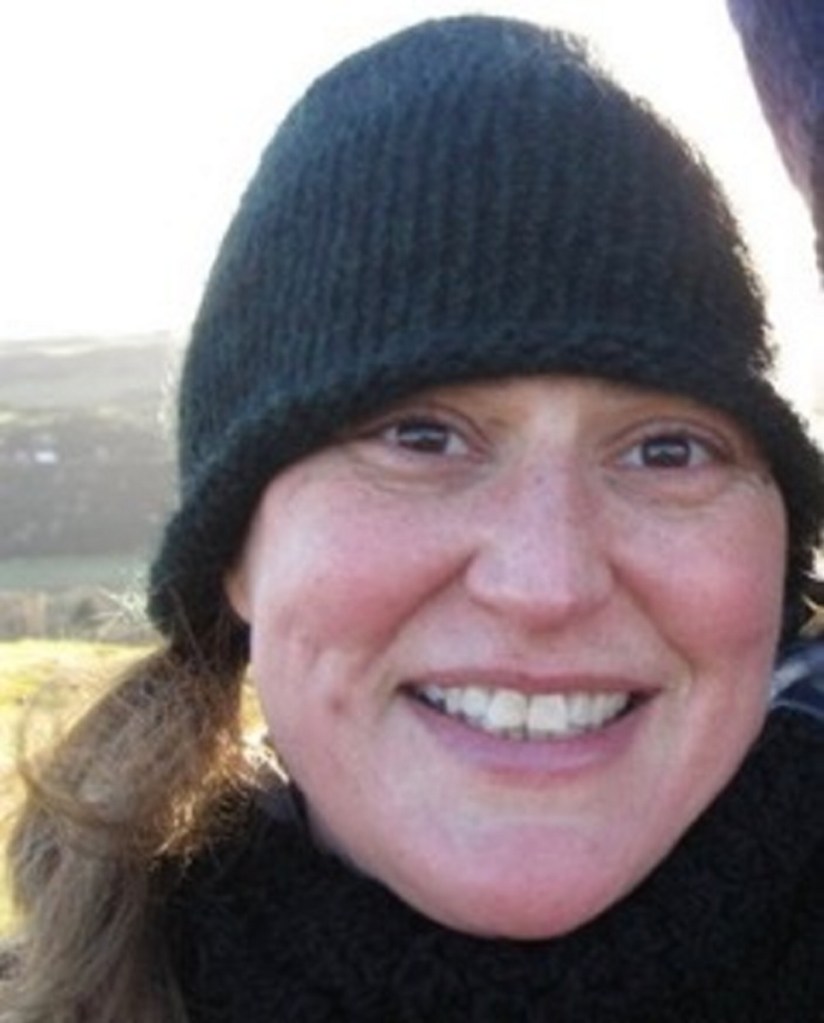I enjoy art exhibits, especially ones that document life stories. I recently visited Maine College of Art to see the exhibit “Making Migration Visible: Traces, Tracks and Pathways.”
As I walked through the exhibit I tried to imagine what it must feel like to start over in another country where the language, customs, beliefs and even the climate are completely different from what I know. I tried to put myself into the shoes of those leaving their homeland out of desperation. I imagined a mother fleeing a burning village with starving children, or a young man trying to escape those who would force him into violence. I thought of those unable to swim who fled by boat, with a fear of capsizing.
I wondered how many escaped in the night with basic necessities, and the hope to carry even one prized possession, fully understanding the reality that everything left behind would be gone forever. I tried to envision how much a person could carry, for how long, and which items thought to be so important in the beginning of the journey got discarded along the way.
I imagined the fear of approaching a border, our United States border, after a long journey to start a new, safe life. I really can’t imagine.
I was especially moved by a part of the exhibit with a display of items gathered from the Arizona desert, left behind by those seeking a new beginning. In the clear Lucite cases I saw a single Converse sneaker that looked to be about a child’s size eight. I wondered what would make someone leave one precious shoe behind. I hoped the person who needed the Vicks Vaporub container is OK now. A discarded bra willed my mind to think the woman who lost it – simply dropped it — versus the thought it was violently ripped from her, because not all remain innocent for the duration of the journey to a new life.
Perhaps a child played with a red comb as its only toy and dropped it without dad noticing. The few shreds of baseball caps and several bottle lids caused me to imagine the immense heat in the desert and the feel of gritty sand all over my skin with no way to escape it. How awful.
Starting over may be both physically and psychologically challenging. I salute those who migrate to safety. How brave they are.
I’m also starting over.
My darling husband Michael passed away Dec. 17. The day will forever be etched in my mind.
The words “Starting Over” feel different for me now that when writing about migration. My world feels different. I can’t feel the cold. I am numb. I don’t taste what food I eat.
I am not fleeing violence but I am walking toward the violent emotion of loss. I am not fleeing my country. Instead, I see my country, my street, and our home with different eyes.
Our old friends are now my new friends, as a widow. They have come forward to hold me up with advice, warm embraces, and kind words. It feels strange.
My husband was Scottish. I am going to spend the holidays in Scotland. He was the barrier between my in-laws and me. I will interact with them differently. I will try to pass on his love for them through embraces and our memories. I will accept their warmth and know they were a part of him long before I knew him, and I know I will learn more about him and know him even better.
My thoughts on writing about “starting over” changed in an instance. I cannot fully relate to migrants, but with my pain and loss I know we all are starting over in one way or another.
J. Lauren Sangster was born in Lexington, Kentucky, but now calls Portland home.
Send questions/comments to the editors.


